When you're out on the open road, with nothing but the horizon ahead, your RV refrigerator becomes not just an appliance, but a lifeline to sustenance. It's the keeper of your groceries, the preserver of your meals, and a critical part of what makes your RV feel like home. But like any other piece of machinery, it requires care and attention to keep it running smoothly. In this comprehensive guide, we're unpacking everything RV owners need to know about maintaining their refrigerators, troubleshooting common issues, understanding the differences between gas and electric models, and maximizing efficiency for a trouble-free travel. Whether you're a seasoned RV enthusiast or a newbie hitting the road for the first time, read on to keep your fridge—and your trips—cool.
Essential Maintenance for RV Refrigerators
Your RV's refrigerator is one of the most expensive appliances onboard—and one of the most vital. Neglecting its maintenance can lead to costly repairs or, even worse, spoiled food and a disruption to your adventures. Regular care ensures your fridge stays efficient and reliable. Here’s how to keep it in top shape.
Cleaning Coils and Vents
Just like your fridge at home, your RV refrigerator needs its coils and vents to be free from dust and debris to maintain efficient cooling. These components are often located on the outside of the vehicle, leaving them exposed to the elements. Regularly give them a good clean, especially after long drives on dusty roads, to prevent performance issues.
Leveling Your RV
A level RV is a happy RV fridge. When your vehicle is parked on uneven ground, it can cause the refrigeration unit to work harder, leading to inefficiency and even mechanical breakdowns. Use leveling blocks to ensure your rig is on even ground, and check the fridge regularly to keep it level.
Regular Defrosting
If your RV refrigerator experiences a significant build-up of frost on the cooling fins, it’s time for a defrost. Too much frost can impede the flow of cool air, leading to undercooled compartments and overworked components. Turn off the fridge and allow the ice to thaw, usually overnight, then clean up any excess water in the morning for a fresh start.
Consistent Energy Supply
RV fridges can run on propane, electricity, or both, depending on the model. Whichever energy supply your fridge uses, consistency is key. Fluctuations in power can lead to inconsistent cooling, and can also be hard on the fridge’s components. Use surge protectors and voltage regulators to ensure a smooth power supply.
Troubleshooting Common RV Refrigerator Issues
Understanding how to spot and address common problems with your RV refrigerator can save you time and money, and will help extend the life of your unit. While some issues may require professional attention, many can be resolved with a little know-how.
Inconsistent Cooling
Are you noticing that your refrigerator isn't keeping items as cold as it used to, or that the temperature fluctuates drastically? This could be due to several factors, such as a faulty thermistor, a failing cooling unit, or issues with door seals. Start by checking the door gasket to ensure it’s creating a tight seal, and then move on to cleaning the thermistor. If these steps don't solve the issue, it's time to consult with a technician.
Fridge Not Cooling At All
If your fridge has stopped cooling, it’s a clear sign that something is wrong. Common culprits include a blown fuse, a tripped circuit breaker, or problems with the heating elements. First, check the power source to ensure it’s operational. If electricity isn’t the issue, move on to your LP gas supply. If those are all fine, it could be an issue with the cooling unit, which might necessitate professional assistance.
Excessive Fridge Noise
While RV fridges are not known for their silence, excessive or sudden changes in noise levels can be a cause for concern. Check the area around the fridge for any loose items that could be vibrating against it. If there’s nothing obvious, it could be an issue with the fan or the compressor, which should be looked after by an expert.
Leaking Water
Finding water in or around the fridge can be a symptom of several issues. A blocked defrost drain, damaged drain pan, or an improperly sealed water line leading to the ice maker could be the problem. Start by inspecting these areas for obvious issues and clean out any debris that may be causing a blockage.
Gas vs. Electric RV Refrigerators
RV owners are often faced with the decision of gas-powered or electric-powered refrigerators. Each option comes with its own set of characteristics that may be more suitable for different camping situations and personal preferences.
Gas Refrigerators
Gas refrigerators (commonly known as absorption refrigerators) offer the advantage of being able to operate without electricity, making them ideal for off-grid adventures. They’re also known for their quiet operation and can cool quickly. However, they tend to require a level surface, meaning you may have to turn them off when driving over uneven terrain.
Electric Refrigerators
Electric fridges provide consistent cooling and don’t rely on finding or refilling propane. They can be more energy-efficient than their gas counterparts when connected to a reliable power source. However, they're not as well equipped for boondocking without a generator or solar panels to power them.
When choosing between the two, consider how you camp most often. If you're frequently without electric hookups, gas may be the way to go. If you stick to RV parks with power connections, electric could offer more convenience and efficiency.
Optimizing Efficiency and Longevity
Ensuring your RV refrigerator works optimally can make a world of difference in the comfort of your travels. To get the most out of your fridge, consider implementing these strategies.
Precool Your Fridge
Before hitting the road, precool your fridge using either electricity or propane, so it’s already chilled when you transfer your food from your home refrigerator. This reduces the workload on the unit and can make for a quicker cool down.
Organize Your Fridge Space
A well-organized fridge not only makes it easier to find what you need but helps with airflow and keeps your fridge from overworking. Use bins and baskets to keep similar items together, and don’t overpack the fridge. Air needs to circulate to keep everything at the right temperature.
Use RV-Safe Refrigerator Fans
Fans designed for RV refrigerators can help distribute air more efficiently, especially when it’s extremely hot outside or your RV is parked on uneven ground. These fans help maintain a steady temperature, which reduces the workload on the fridge.
Keep It Clean and Fresh
Regular cleaning and deodorizing your RV fridge can prevent bacteria growth, keep odors at bay, and help it run more efficiently. Use mild, non-abrasive cleaners to wipe down the interior and remove and wash the door gasket regularly.
By staying on top of routine maintenance, learning to troubleshoot common issues, and employing strategies to enhance performance, your RV refrigerator will provide many years of reliable service. Always refer to your fridge’s manual for model-specific guidance and, when in doubt, consult a professional. With a well-maintained fridge, you can focus on the joy of the open road and the memories waiting to be made, rather than worrying about keeping your provisions fresh and cool. Happy trails!


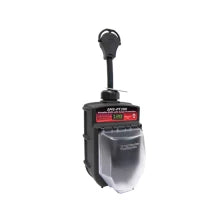
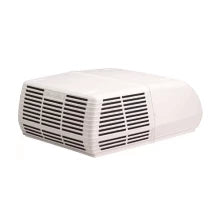
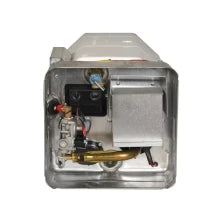
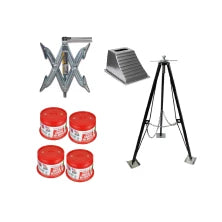
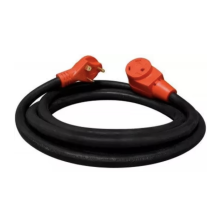
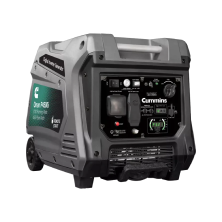
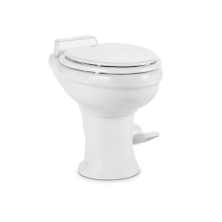
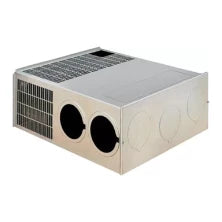
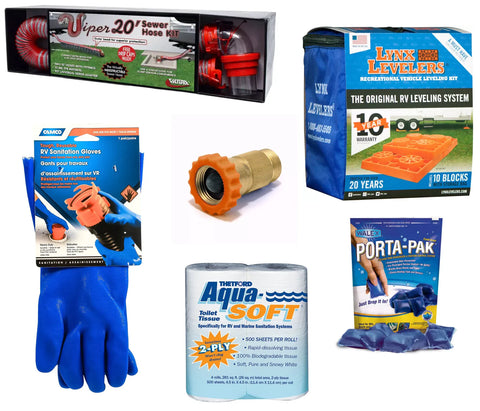
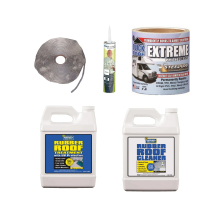
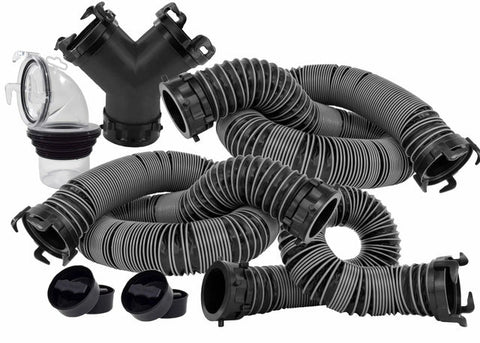
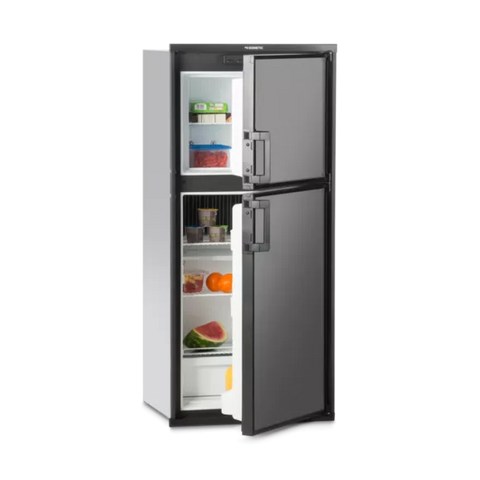
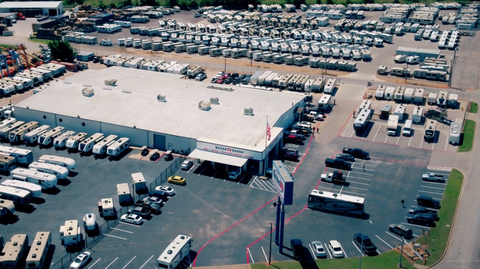
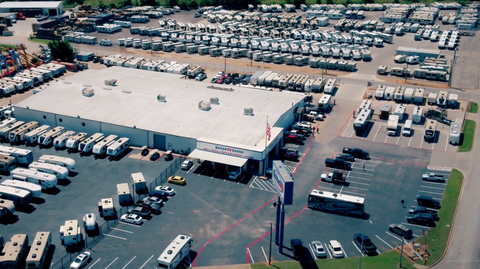
Comments (0)
There are no comments for this article. Be the first one to leave a message!